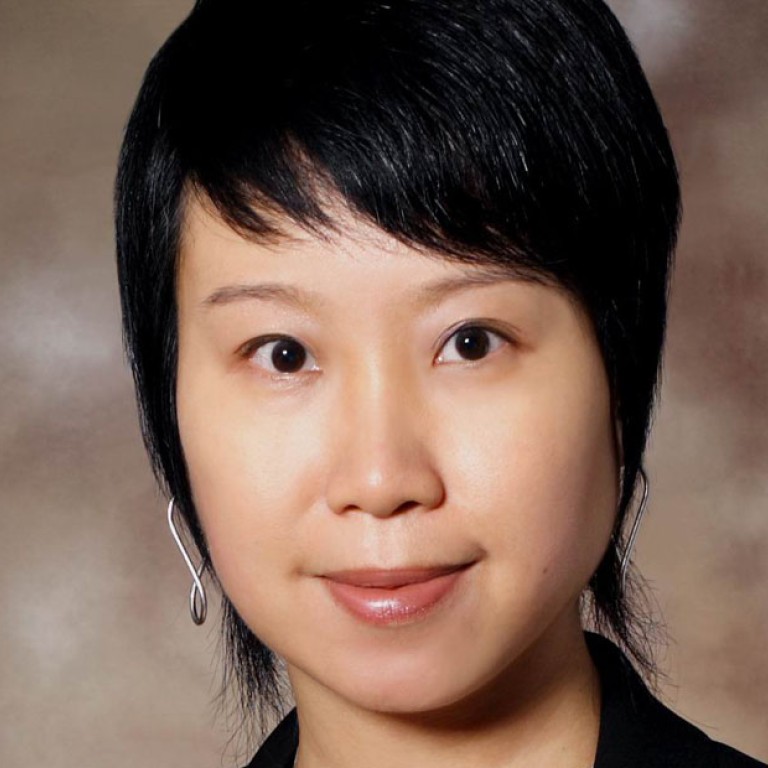
The real reason political aide's resignation should worry us
Alice Wu says the disbelief at a political aide's choice to put her children before work shows up our empty talk about the value of quality of life
By now, we should be used to the silly season, when the city's politics seems to explode with, well, silly controversies. One is particularly interesting: the resignation of Zandra Mok Yee-tuen, political assistant to Secretary for Labour and Welfare Matthew Cheung Kin-chung.
Mok's resignation is definitely newsworthy. The frivolity lies in the absurd obsession to hunt down the "real" reason for it. Despite the fact that Mok cited family considerations, speculation continues. For politicians to treat Mok's resignation as a parallel narrative to the "embattled Leung Chun-ying administration" storyline is expected. The schadenfreude take on it - calling it "jumping ship" - makes perfect sound-bite sense. But, beyond that, what is the point?
Worse, the political fanfare has overshadowed the reason Mok's resignation is truly newsworthy: it sheds light on the problem of talent drain. This is the more legitimate reason why we, as a society, should be deeply concerned.
We know economies lose out if they fail to tap women's potential, hence we've been encouraging, enabling and empowering women to work. We have also been made more aware of the importance of a healthy work-family balance. Yet, talented women are increasingly choosing to leave the workforce when such a balance cannot be sustained.
Alpha females of the international business world have tried to address this issue, like Facebook chief operating officer Sheryl Sandberg did in her bestselling book , and through the non-profit organisation she has set up in the same name. While she has mainly focused on encouraging women not to quit, Mok's resignation should lead us to consider why, perhaps, they should.
For all the talk in society about quality of life and nurturing a family-friendly environment in Hong Kong, how much has been translated into actual policies and practices?
Amid the wild speculation over Mok's reasons for leaving, political scientist Dixon Sing Ming's logic for questioning her motivation is worth repeating. He said: "Her children are not newborn babies so I think there is little possibility she is [really] quitting because of family reasons." In Sing's world, motherhood is apparently reduced to a function of producing milk for newborns. It shows just how far off the mark we are when it comes to issues facing families.
A recent survey found that the more time mothers spend with their children, the more love is reciprocated. The same study revealed that Hong Kong's career mothers struggle to be part of their children's lives and that they, compared to their Taiwanese counterparts, are desperate for their children's love.
Why should Mok's stated wish to prioritise her children over work inspire such incredulity that even her integrity as a person, a professional and a young mother is questioned? To question her desire to devote more of her time - and herself - to her young family is inappropriate and unbelievably disrespectful.
It only reveals the pressing need for society to act on all that talk about "putting people first" and being "family-friendly".

